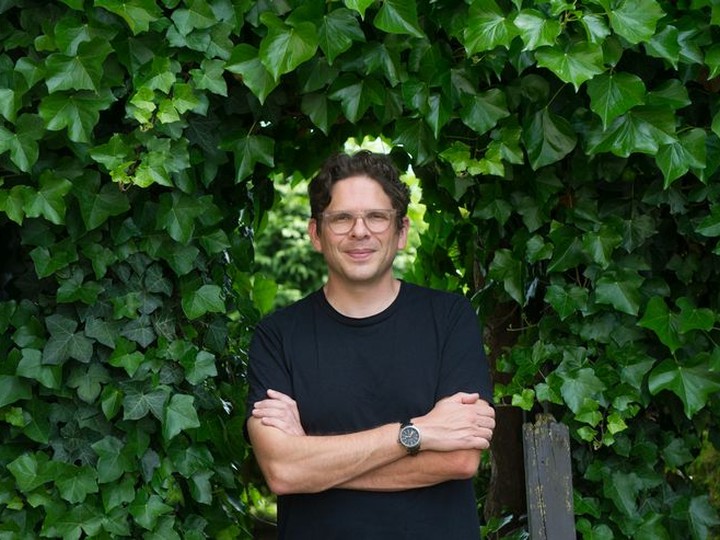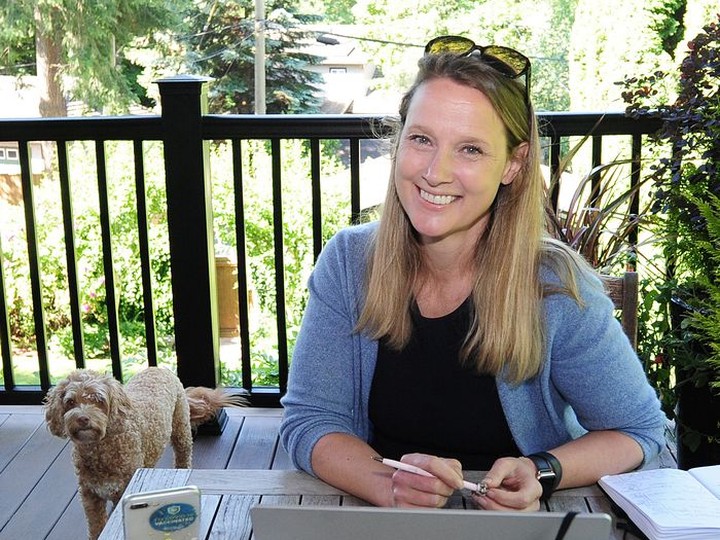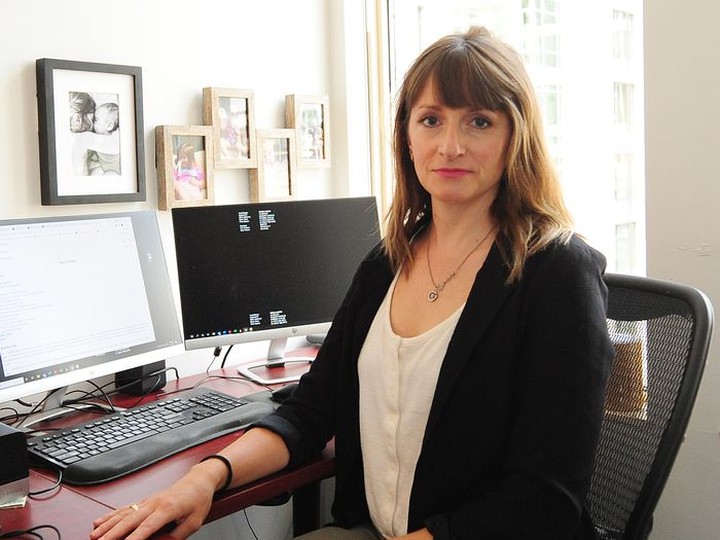unvaccinated: the implications of covid-19 vaccine hesitancy
“i don’t know what’s in the vaccine. i want to live a natural life. if i get sick, i get sick. is your body going to be dependent on these shots all the time?” — michael, who has chosen not to get vaccinated
we apologize, but this video has failed to load.
try refreshing your browser, or
tap here to see other videos from our team.
tap here to see other videos from our team.
by: cheryl chanmost british columbians are rolling up their sleeves and lining up to get a covid-19 vaccine in the pursuit of a two-dose summer, but michael is determined not to be one of them.the 25-year-old east vancouver man knows covid is very real: he is afraid to get the virus, terrified of passing it on to his parents, and vigilant about wearing a mask and face shield whenever he’s out in public.but when he became eligible for the vaccine, he said thanks, but no thanks.“i don’t know what’s in the vaccine,” michael told postmedia. “i want to live a natural life. if i get sick, i get sick. is your body going to be dependent on these shots all the time?”michael, who did not want his full name published for fear of a backlash, is worried about the long-term side effects of the vaccines, as well as the speed at which they were developed. he’s read things, too — about how people “get magnetic” and that the virus came from a lab leak — and doesn’t know what to believe.everyone in his family is vaccinated, and they have been pressuring him to get the jab. there’s also societal pressure. once he tells people he’s not vaccinated, he says, “they look at me different.”as of friday, b.c. has vaccinated 76.2 per cent of its eligible population — putting it on track for the next phase of the province’s reopening plan on july 1.but about five to 10 per cent of adult canadians have told pollsters they do not plan to get vaccinated. a recent survey by leger for postmedia found 10 per cent of british columbians are not vaccinated, with five per cent on the fence, and five per cent saying they won’t get the vaccine.the top reason why someone hasn’t been vaccinated? concerns about side effects (72 per cent). other reasons include not believing the vaccines work (39 per cent); not worried about contracting covid-19 (22 per cent); and hoping b.c. reaches herd immunity and they won’t have to take it (21 per cent). only six per cent said they do not believe covid-19 is real.if side effects are the major concern, that’s surmountable, suggested heather owen, vice-president of leger’s vancouver office.“there are so many stories about why people are not getting vaccinated. if it’s just side effects, that’s something for public health to consider.”while small, the number of holdouts could imperil efforts to reach the herd immunity that would allow society to return to normal.and the decision to go unvaccinated carries risks, say health officials.dr. bonnie henry, b.c.’s chief provincial health officer, warns the risks of getting covid, as well as of being hospitalized and dying from the disease, are far higher for people who are not immunized.in b.c., the rate of covid-19 in the unvaccinated is 86 out of 100,000 compared to 15 out of 100,000 a week after receiving a second dose. getting vaccinated doesn’t mean “zero risk,” said henry, but it decreases that risk by 80 per cent.outbreaks in the u.k. that delayed a planned reopening are largely driven by surges among the unvaccinated population and the infectious delta variant. in the yukon, a surge in cases also occurred mostly in young people who have not received a vaccine.
advertisement

relying on herd immunity a ‘gamble’
“the more of us that get vaccinated, the fewer these events will be,” said paul tupper, a simon fraser university mathematician and member of the b.c. covid-19 modelling group.tupper said a 90 per cent vaccination rate among the eligible population is “a good goal,” and will confer practical herd immunity, where society can return to near-normal levels, but will have to deal with occasional flare-ups, particularly in communities with low vaccine uptake or in crowded living settings.even if we achieve herd immunity, there’s still good reason to take the vaccine, he said.“we don’t think we are ever going to get rid of covid completely. there will be introductions from other parts of the world and outbreaks in communities. you don’t want to take the gamble you won’t be exposed in any point in your life.”there are also ethical implications in choosing not to get vaccinated because of the risk of transmitting the virus to others, especially those who are vulnerable, immunocompromised, or are unable to get the vaccine.when people assess their risk and say, “if i die, i die,” that’s a self-regarding risk, where people just consider their own risk, said university of b.c. bioethicist anita ho. but covid can be passed on, and data shows asymptomatic people can still transmit the virus.“it’s a pandemic for a reason. we simply do not have the natural immunity to a new virus,” she said. “in some ways, we have to have more humility when we are facing a new viral infection.”sam, who works in a manufacturing company in abbotsford, has decided not to take the shot. he’s not an anti-vaxxer, he said, because he’s fully vaccinated for everything else, but he believes taking a covid shot when there is not enough data on long-term consequences “just doesn’t make sense.”sam, who requested postmedia not publish his name for privacy reasons, said he’s not worried about getting the virus or transmitting it.his wife and two kids as well as their extended family are refusing the vaccine. he hasn’t experienced any negative feedback, but his teenage son has been bullied by classmates over the decision and his wife has felt hostility from colleagues.“she said this is the most divisive issue she has seen in her workplace,” he said. “people have very strong opinions on others getting the vaccine.”
advertisement
impact on relationships
for many, the easing of restrictions and increased social interactions could lead to fraught social interactions as people navigate a partially vaccinated world.“we could see personal relationships really changing as a result of people’s vaccination status,” said owen of leger’s findings.polling showed that about 45 per cent of british columbians would like someone less for choosing to skip the covid vaccine. about half would consider the vaccine decliners “selfish” and about 44 per cent said they’d rather not hire them.when it comes to romantic relationships, 41 per cent of respondents said vaccination is a deal breaker.dating apps have taken note. hinge allows members to add their vaccination status to their dating profile, while bumble lets people set their parameters for dates, whether it’s virtual or in real life, indoor or outdoor, with or without masks or social distancing.the leger poll also found a high level of support for vaccine passports for international travel (75 per cent) as well as for a local version for everyday use (68 per cent), similar to denmark’s coronapas or israel’s green pass, which would allow access to places like gyms, restaurants, cinemas and hairdressers. henry has said she does not support use of a domestic passport in b.c.an overwhelming majority also agreed that certain workplaces should require staff to be immunized, including staff in hospitals and long-term care homes (98 per cent), airplanes and cruise ships (90 per cent), and schools and daycares (87 per cent).
 8 minute read
8 minute read





